If you've ever faced a denial on your health insurance claim, you know how frustrating it can be. Navigating the intricacies of health insurance policies can feel overwhelming, especially when it comes to appealing decisions that affect your well-being. In this article, we'll guide you through a well-crafted letter template designed to address your complaint effectively and assertively. So, grab a cup of coffee, and let's delve into how you can take charge of your health insurance claim process!

Clear Subject Line
Health insurance claim denials can often lead to confusion and frustration for policyholders. A denial letter may specify reasons such as lack of medical necessity or incomplete documentation. Understanding the specific policy number, date of service, and the procedure codes involved is crucial when preparing a complaint. Engaging with the insurance company's customer service department can also provide insights into the appeals process. Some states have regulations to protect consumers and guidelines that insurance companies need to follow when denying claims. Seeing how frequent claims are denied, particularly for costly treatments exceeding thousands of dollars, illustrates the importance of thorough communication with healthcare providers to ensure all necessary information is submitted correctly.
Policy and Claim Details
In a health insurance claim denial complaint, it is crucial to provide specific policy and claim details, enhancing the clarity of the dispute. Claim number, typically a unique identifier assigned by the insurance company, helps associate the issue directly with the specific transaction. Policy number, associated with the contractual agreement between the insured individual and the insurer, marks eligibility for coverage. Dates of service, which indicate when medical services were rendered, are essential for determining the timeliness of the claim. Additionally, specifying the nature of the medical treatment or procedure involved can clarify the rationale behind the claim. Names of healthcare providers, including their credentials and affiliations, lend credibility to the claim. Including relevant documentation, such as Explanation of Benefits (EOB) statements or denial letters, bolsters the complaint further, assuring the insurance company has all necessary information to reconsider its decision.
Reasons for Dispute
A health insurance claim denial can arise from various factors affecting patient care and reimbursement processes. Common reasons include incomplete documentation (lack of medical records or treatment notes) impacting claim processing, denial based on policy exclusions (specific treatments or medications not covered under the health plan), and incorrect coding (mismatched procedure codes leading to rejection). Additionally, lack of prior authorization (failure to obtain required approval before treatment) can lead to automatic denials, as can billing errors (incorrect patient information or outdated insurance details). Each reason contributes significantly to the administrative challenges faced by patients seeking reimbursement for healthcare services rendered.
Supporting Documentation
Health insurance claim denials can cause significant frustration for patients seeking necessary medical care. Common reasons for denial include incomplete documentation, such as missing medical records or billing codes, or issues related to policy coverage limits. For example, a patient receiving treatment for a chronic illness may submit a claim only to be denied due to lack of prior authorization or services provided being deemed "not medically necessary" by the insurer. Essential supporting documentation may include copies of invoices, detailed medical records from healthcare providers, and written explanations from specialists regarding the necessity of treatments. Addressing these denials requires careful attention to policy details and timely resubmission of claims with the appropriate paperwork.
Contact Information and Request for Resolution
Health insurance claim denials can significantly disrupt access to necessary medical care and services. Denials often occur due to coding errors (such as incorrect CPT codes) or eligibility issues related to the policyholder's plan (for instance, coverage limits and exclusions). Patients should gather pertinent documents like explanation of benefits (EOB) statements and medical records to strengthen their case. The process may involve contacting the insurance company's customer service, often listed on the back of the insurance card, to request clarification on denial reasons. Following up in writing with a complaint detailing specific grievances and desired resolutions can strengthen the appeal. Timely resolution is critical, as some insurers impose strict deadlines for appeal submissions, such as within 180 days from the denial date.

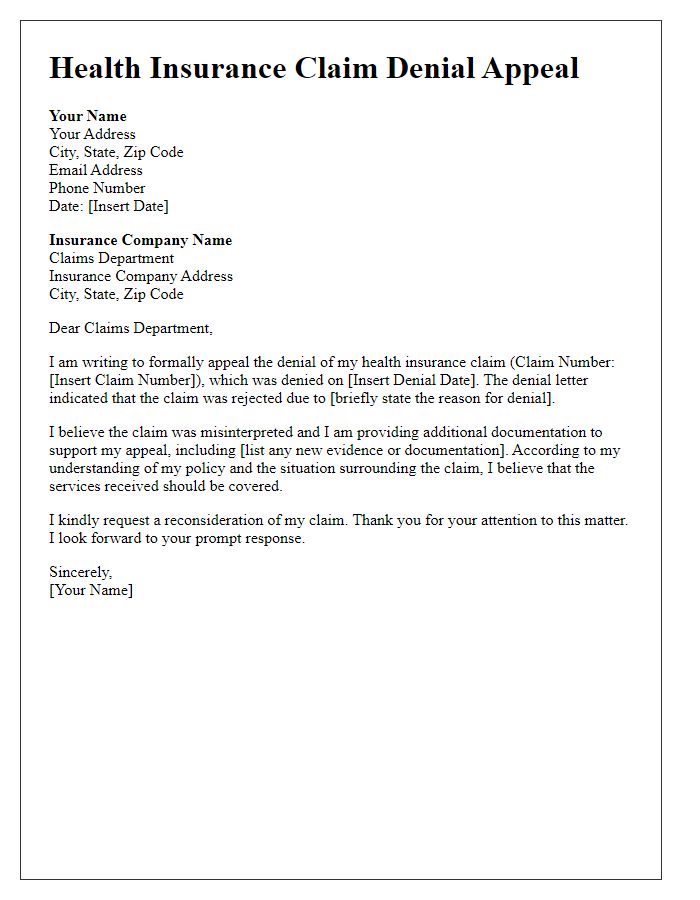
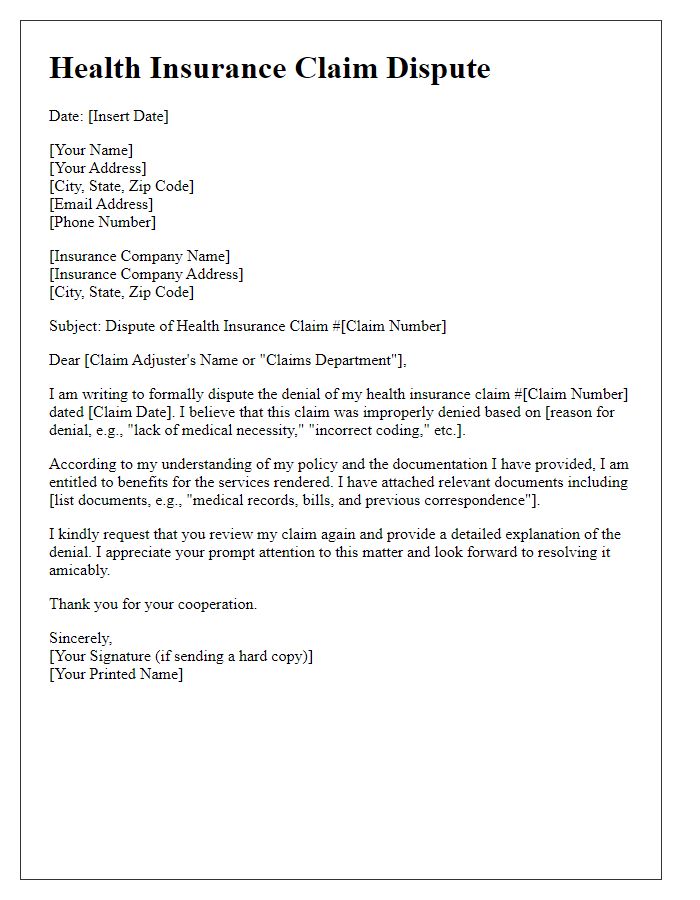
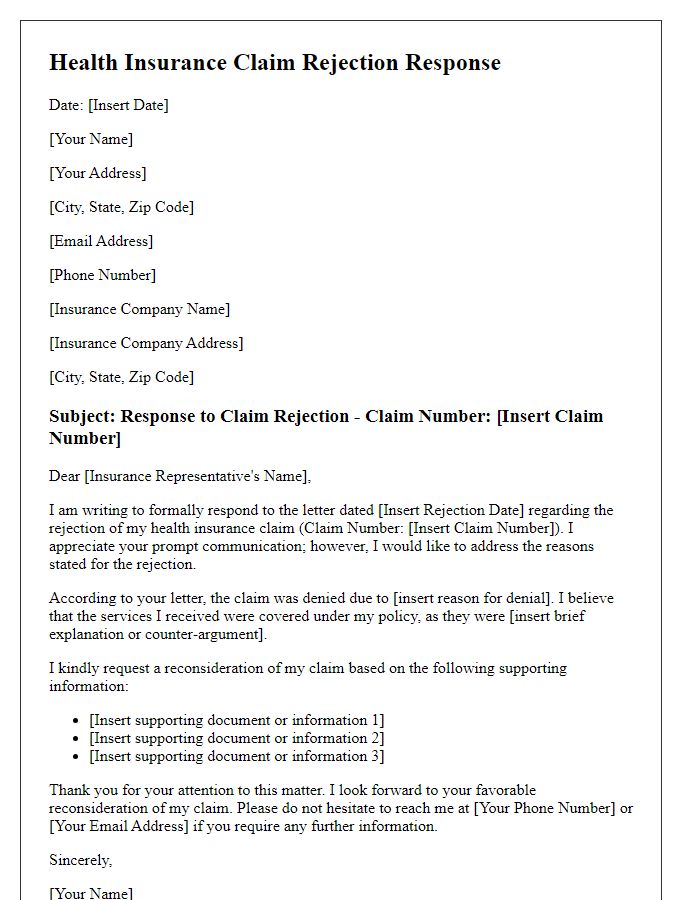
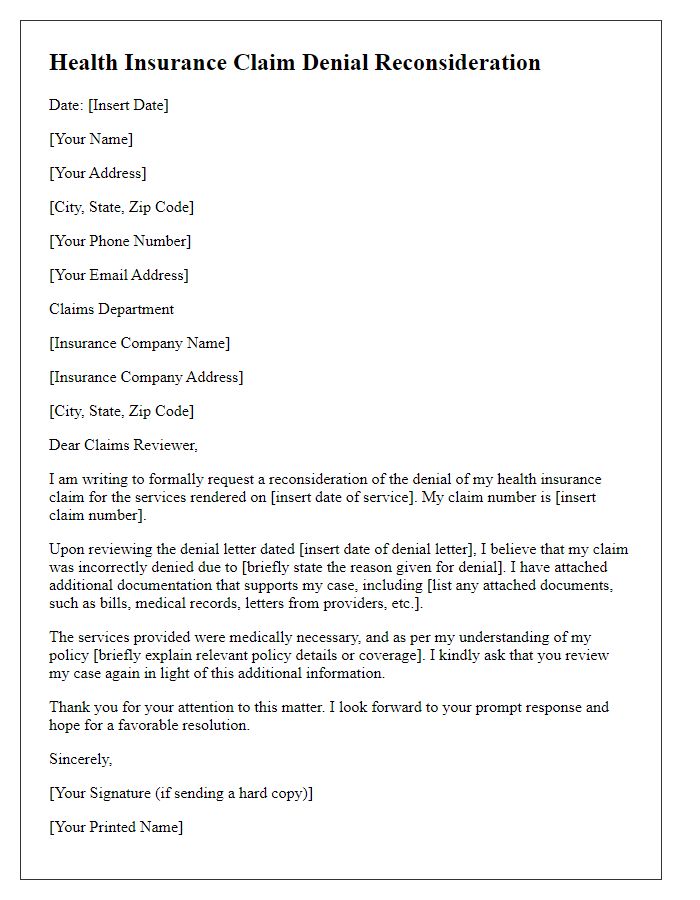
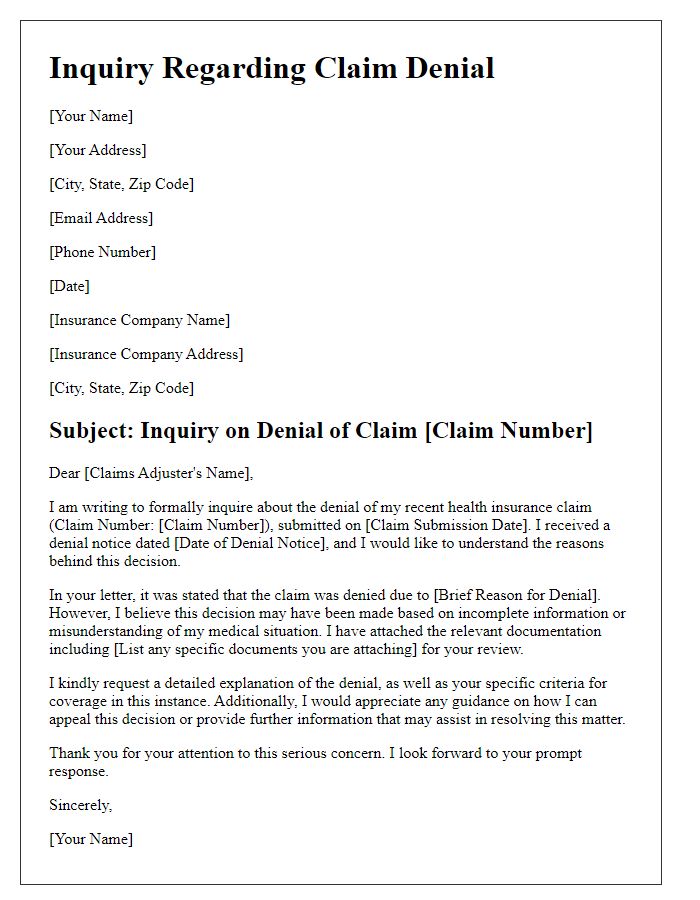
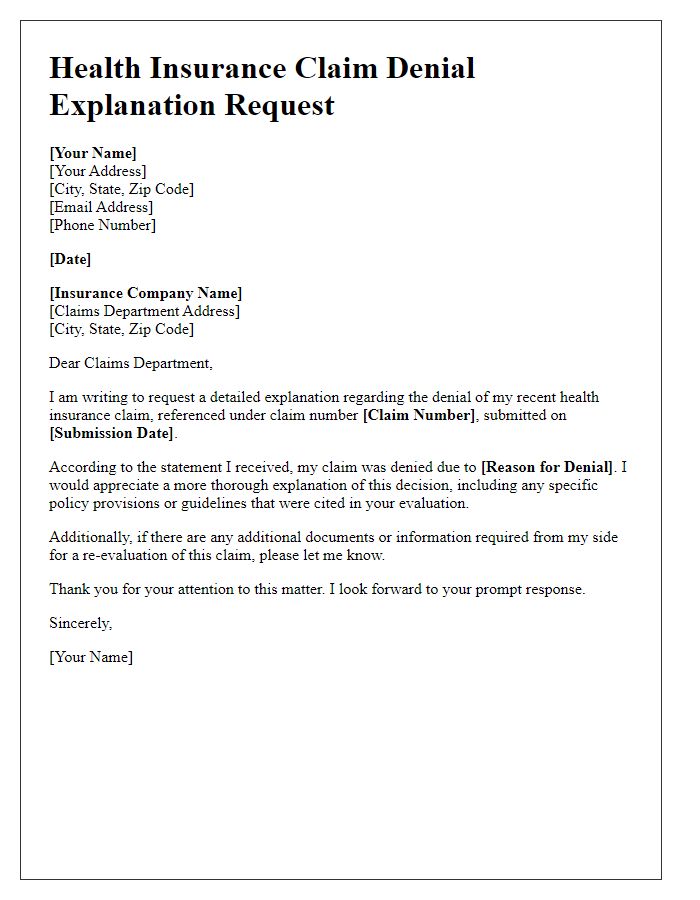
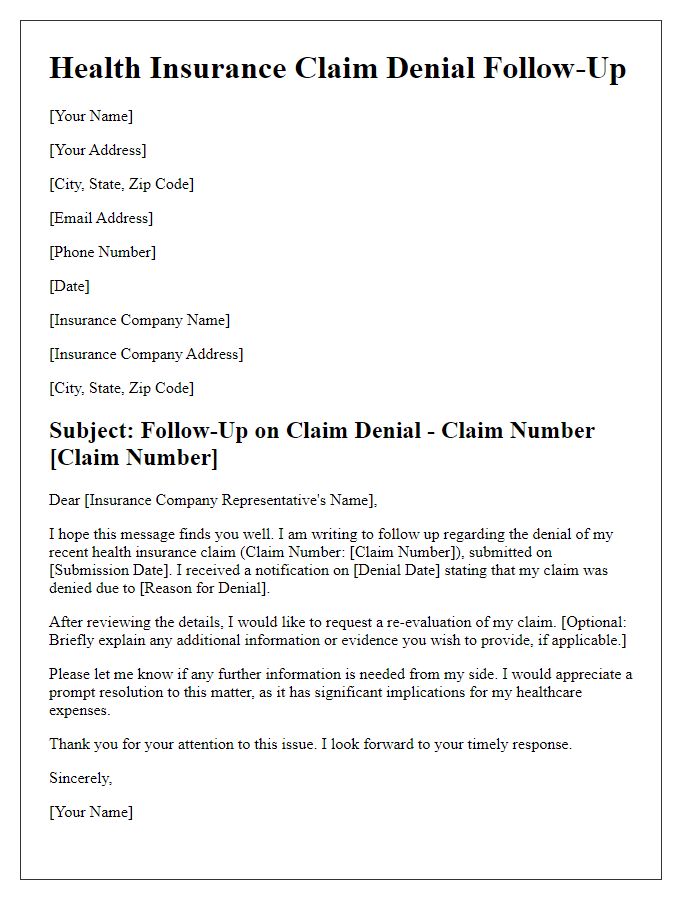
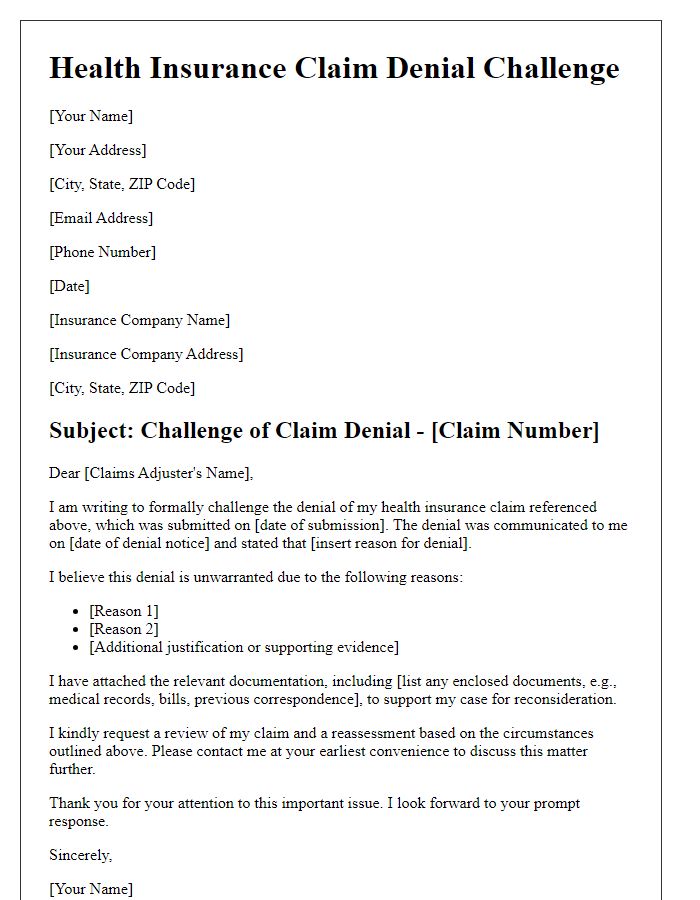
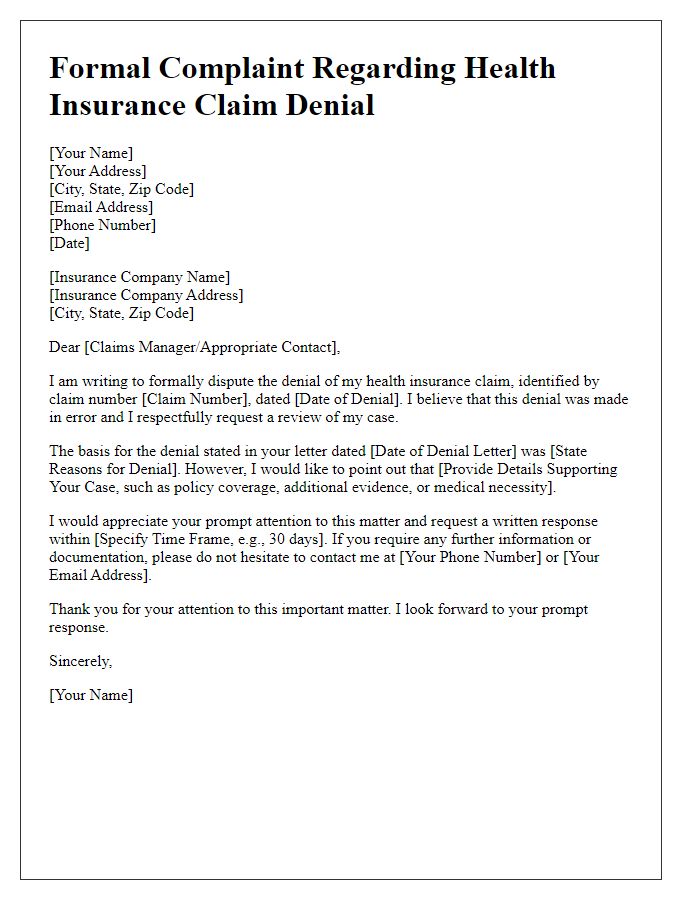
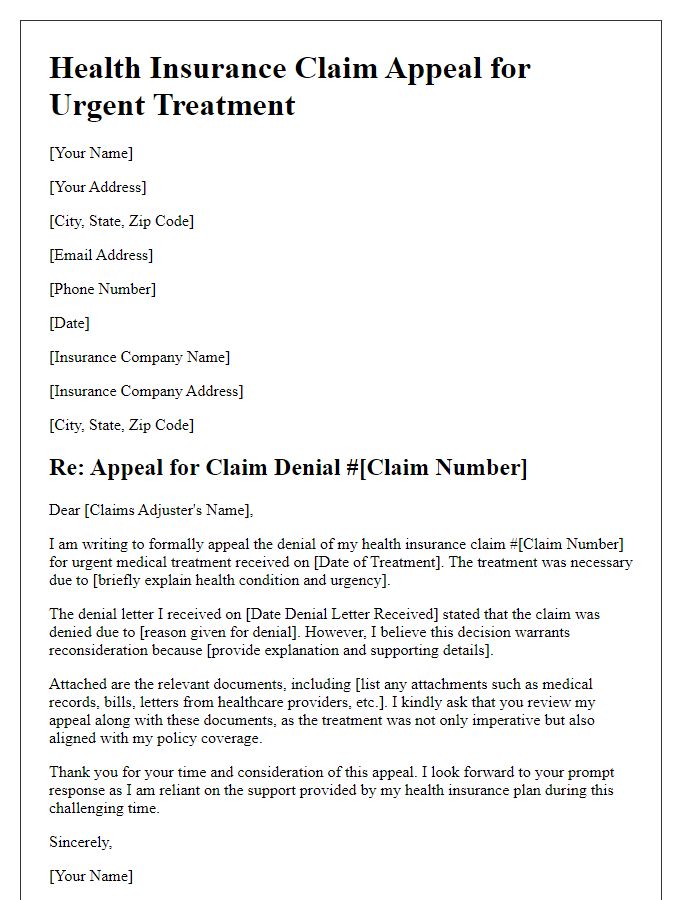

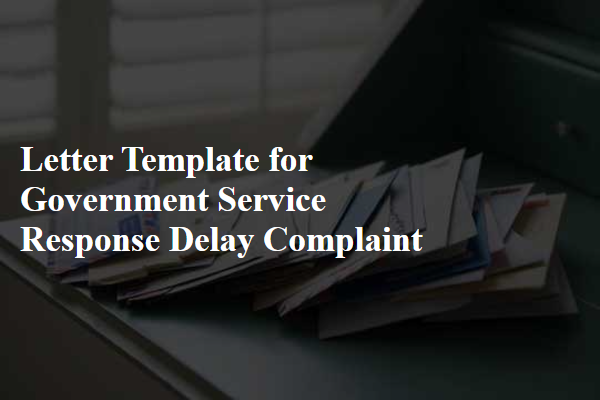
Comments